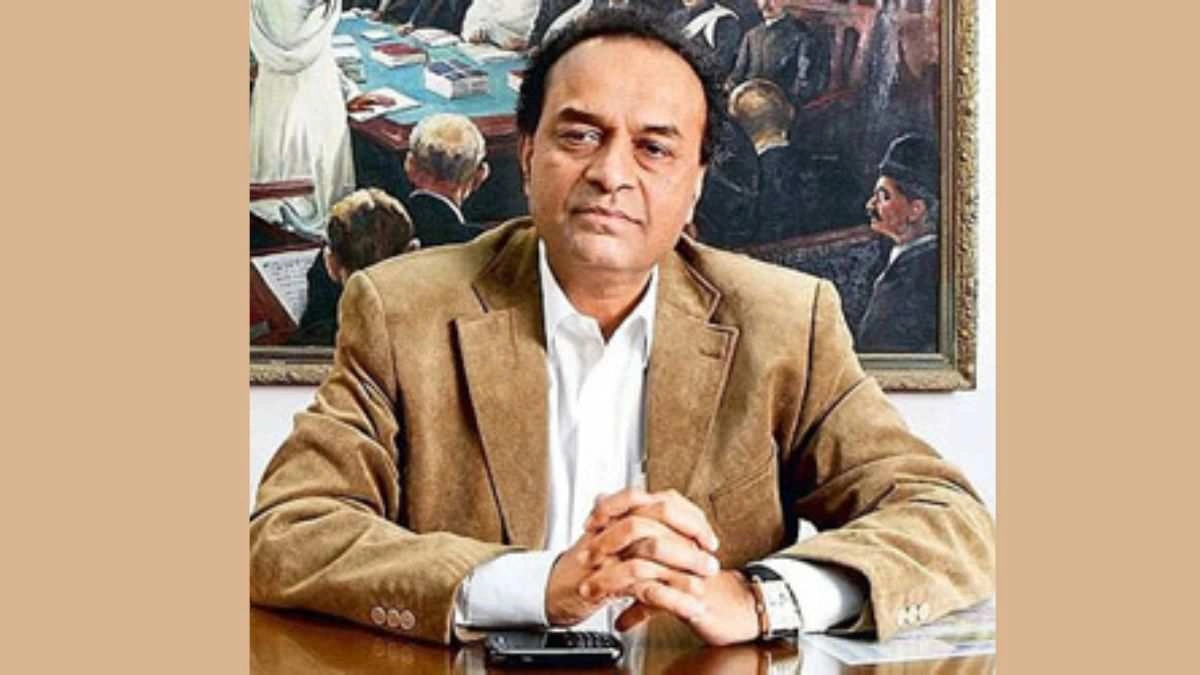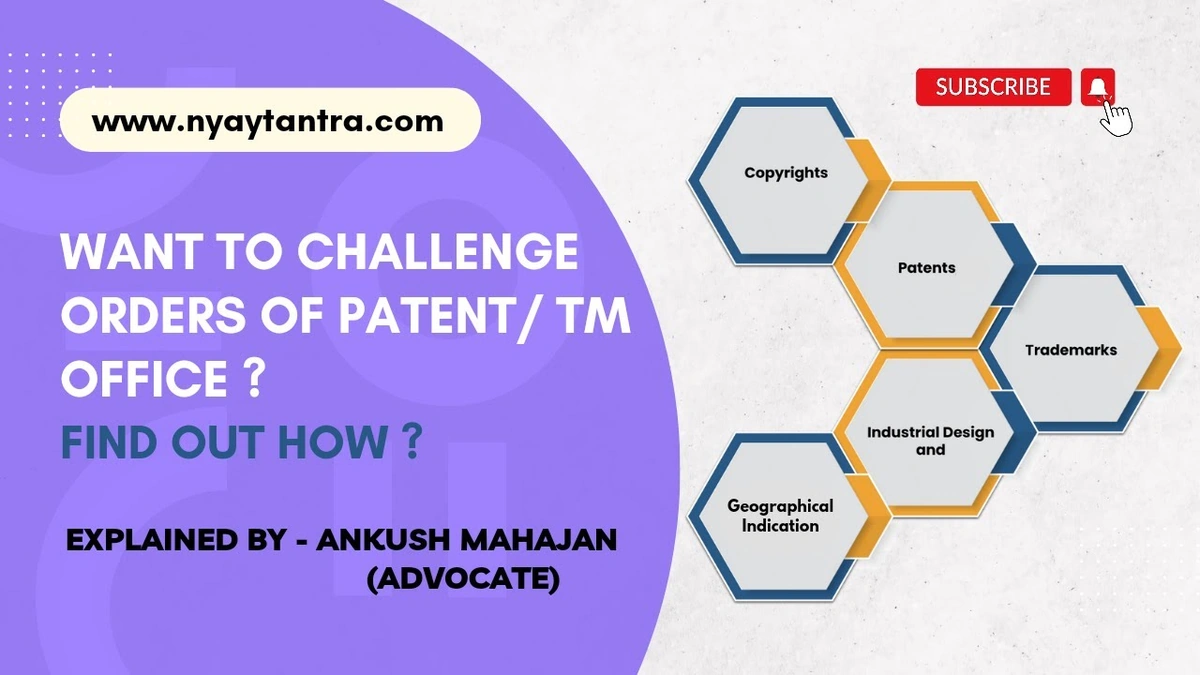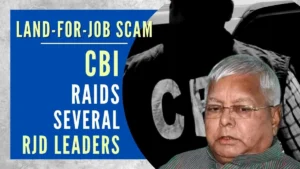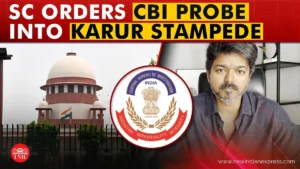Ex-Attorney General Mukul Rohatgi Denounces Shoe-Throwing Against Chief Justice at Supreme Court
The Supreme Court of India, the apex of our judicial system, is meant to be a place of utmost respect and decorum. So, when news broke of a shoe being thrown in its hallowed halls, targeting the Chief Justice no less, it sent shockwaves through the legal fraternity and the nation. But here’s the thing – it’s not just about the act itself. It’s about what it represents, and that’s where the analysis of someone like Mukul Rohatgi , the former Attorney General, becomes incredibly important. Rohatgi’s sharp denunciation offers a critical perspective on the incident, highlighting not just the disrespect shown but also the potential implications for the judiciary’s integrity.
Why Rohatgi’s Voice Matters
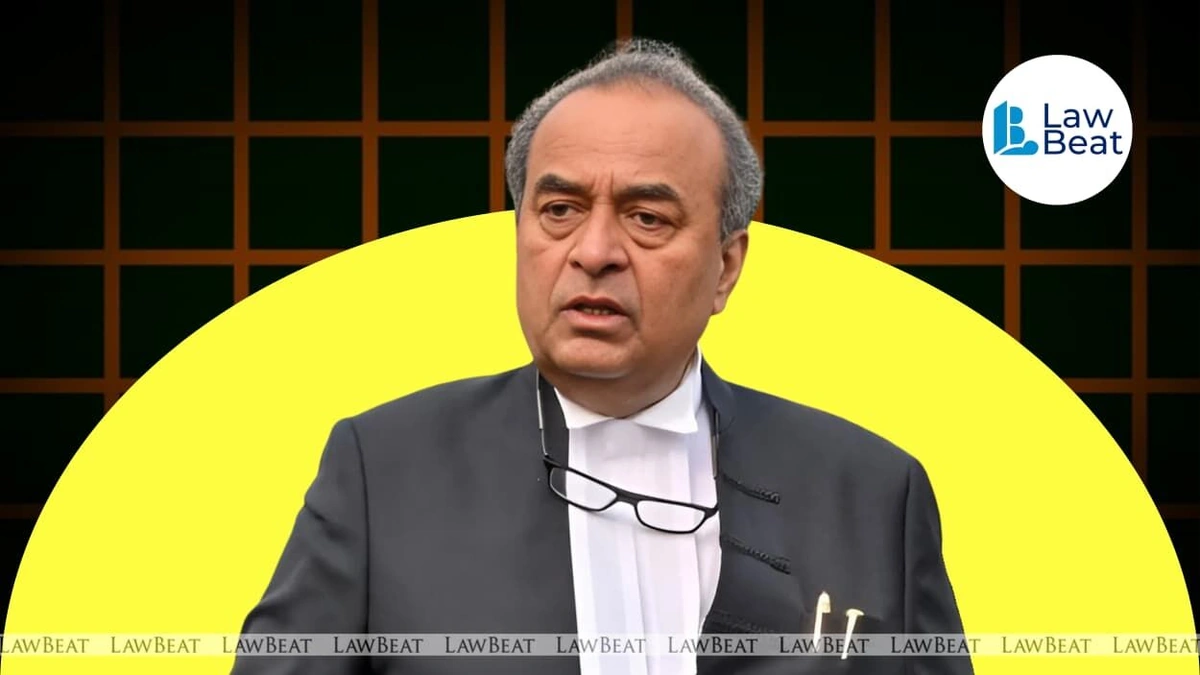
Mukul Rohatgi isn’t just any lawyer. He’s been at the forefront of some of the most significant legal battles in India, representing the government and offering crucial insights on constitutional matters. His experience as the Attorney General gives him a unique vantage point to assess the severity of such an incident. When Rohatgi speaks, people listen, and rightfully so. His condemnation carries weight because it’s not just an emotional reaction; it’s a reasoned assessment based on years of understanding the delicate balance that upholds the judiciary. The incident, and Rohatgi’s response, force us to confront uncomfortable questions about the erosion of respect for institutions and the increasing polarization of public discourse. The question is: can the judiciary maintain its independence and authority in the face of such blatant disrespect?
But why is this so important? Let’s be honest, in the heat of the moment emotions can boil over. However, targeting the Chief Justice with such a crude act goes beyond simple protest. It becomes an attack on the very institution of the Supreme Court. This threatens the rule of law, which is the bedrock of any democratic society. And that’s a scary thought. It’s also a challenge to the court’s ability to function impartially, which is concerning.
The Implications for the Judiciary
The incident, while seemingly isolated, opens a Pandora’s Box of potential problems. Firstly, it raises serious concerns about security within the Supreme Court premises. If someone can smuggle in a shoe with the intent to throw it at the Chief Justice, what else could they bring in? A thorough review of security protocols is clearly needed. And it speaks to larger problems within the system. Secondly, it emboldens others who may feel aggrieved or unheard. If such an act goes unchecked, it could set a dangerous precedent, encouraging others to resort to similar tactics to express their grievances. This would inevitably lead to chaos and undermine the authority of the court. What fascinates me is how this impacts the public perception of the judiciary. It’s easy to lose faith in institutions when you see them being attacked, literally or figuratively. News outlets will cover it from many angles.
The Role of Public Discourse
Let’s be real, the legal community isn’t operating in a vacuum. What’s happening inside the Supreme Court is inevitably affected by the climate of public discourse outside of it. We live in an age of instant gratification and easily spread misinformation. Social media has amplified voices, both responsible and irresponsible, and the line between fact and opinion has become increasingly blurred. When respect for institutions erodes in the public sphere, it’s only a matter of time before it seeps into the physical spaces of those institutions. A common mistake I see people make is thinking that online rhetoric doesn’t have real-world consequences.
And that’s where figures like Mukul Rohatgi play a critical role. By speaking out against the incident, he is not just condemning the act itself but also reaffirming the importance of upholding the rule of law and respecting the judiciary. He is reminding us that there are proper channels for dissent and grievance redressal, and that resorting to violence or disrespect is never the answer. Rohatgi’s legal expertise allows him to frame the issue in a way that resonates with both legal professionals and the general public.
Navigating Dissent and Maintaining Decorum
So, how do we ensure that dissent is expressed in a responsible and respectful manner? It’s a tough question, and there are no easy answers. I initially thought this was straightforward, but then I realized the complexities involved. However, one thing is clear: education and awareness are key. We need to teach our children and ourselves about the importance of respecting institutions, even when we disagree with their decisions. We need to promote critical thinking and media literacy, so that people can distinguish between fact and fiction. And we need to hold those who spread misinformation and incite violence accountable for their actions. According to legal scholars, this incident highlights the need for greater emphasis on civics education in schools. It’s a call for a fundamental shift in how we approach public discourse. But, it also calls for more security. Online outlets are providing a lot of discussion around it.
The Path Forward
The shoe-throwing incident at the Supreme Court is a wake-up call. It’s a reminder that the judiciary, like any institution, is vulnerable and requires constant vigilance to protect its integrity. The response of figures like former Attorney General Mukul Rohatgi is crucial in reaffirming the importance of respecting the rule of law and upholding the dignity of the courts. This incident is more than just about an individual act of disrespect; it’s a reflection of larger societal trends and a challenge to the very foundations of our democracy. As citizens, we must engage in constructive dialogue, hold our leaders accountable, and work towards a more respectful and inclusive society. This can preserve the sanctity of our institutions.
The legal fraternity and the government must work together to ensure that the Supreme Court remains a safe and secure space for the administration of justice. This requires a multi-pronged approach, including enhanced security measures, increased investment in judicial infrastructure, and greater public awareness about the role and importance of the judiciary. But, it also calls for a renewed commitment to upholding the values of justice, fairness, and respect for the rule of law. This is not just a legal issue; it’s a moral imperative.
FAQ Section
What was Mukul Rohatgi’s role in the Supreme Court incident?
Mukul Rohatgi , as the former Attorney General, denounced the shoe-throwing incident, emphasizing the disrespect shown to the Chief Justice and the judiciary.
Why is Mukul Rohatgi’s opinion on this matter important?
His experience as Attorney General gives his assessment significant weight. He offers a reasoned, expert perspective on the implications for the judiciary.
What are the potential consequences of such incidents at the Supreme Court?
Such incidents can erode public trust in the judiciary, embolden others to act disrespectfully, and undermine the authority of the court.
How can the judiciary maintain its integrity in the face of disrespect?
By reaffirming the importance of the rule of law, ensuring security, promoting education, and engaging in constructive dialogue.
What measures can be taken to prevent similar incidents in the future?
Enhanced security, increased investment in judicial infrastructure, and greater public awareness about the role of the judiciary are essential.
Ultimately, the incident serves as a poignant reminder that the strength of a democracy lies not just in its institutions, but in the respect and responsibility of its citizens. It’s a moment for introspection, a call to action, and a renewed commitment to upholding the values that make India a beacon of justice and fairness. The insights provided by Mukul Rohatgi serve as a critical compass in navigating these turbulent times.
